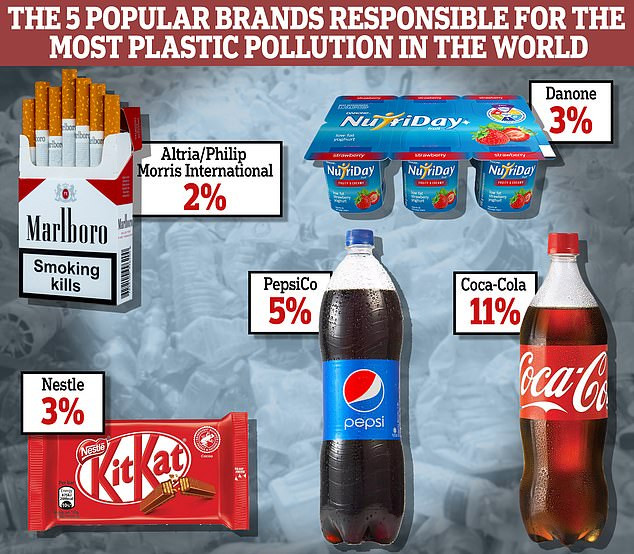Coca-Cola Nigeria Accused of Misleading Consumers: FCCPC Orders Major Changes
The Federal Competition and Consumer Protection Commission (FCCPC) has issued a final order against Coca-Cola Nigeria Limited and the Nigerian Bottling Company Limited (NBC) for misleading consumers about the changes made to their popular soft drinks. The FCCPC launched an investigation in June 2019, focusing on the companies’ shift from traditional sugar to non-nutritive sweeteners in their Coke, Fanta, and Sprite brands. The commission found that the companies had not adequately communicated these changes to consumers, leading to confusion and deception.
Misleading Trade Descriptions and Unfair Marketing Tactics
The FCCPC’s investigation uncovered a pattern of misleading trade descriptions and unfair marketing tactics by Coca-Cola and NBC. The companies marketed the “Original Taste, Less Sugar” variant as identical to the classic Coca-Cola, despite differences in formulation. This misrepresentation extended to their other products, with similar undisclosed changes in Fanta and Sprite.
Evidence of Deception
The FCCPC gathered substantial evidence demonstrating these violations. The commission found that Coca-Cola and NBC had failed to provide clear and accurate information to consumers, intentionally misleading them about the nature of their products. The companies’ internal documents further indicated awareness of the ineffectiveness of their product differentiations and continued misleading practices.
FCCPC’s Final Order
After multiple attempts to reach a resolution, the FCCPC issued a Final Order on July 29, 2024, outlining its findings and outlining corrective measures. The order highlighted Coca-Cola and NBC’s use of misleading trade descriptions, particularly in the marketing of Coca-Cola Original Taste and its “Less Sugar” variant. The companies were also found to have employed unfair marketing tactics, violating several sections of the FCCPA.
Key Violations:
-
Misleading Trade Descriptions: The FCCPC found that Coca-Cola Nigeria continued to mislead consumers into believing Coca-Cola Original Taste is not materially different from Coca-Cola Original Taste “Less Sugar,” in violation of Section 116 of the FCCPA.
-
Unfair Marketing Tactics: Contrary to Section 124(1)(a) of the FCCPA, Coca-Cola Nigeria markets Coca-Cola Original Taste Less Sugar in packaging that is not sufficiently distinguishable from Coca-Cola Original Taste, violating Sections 123(1)(a), (b), and (c) of the FCCPA.
-
Identical Packaging for Different Variants: NBC used identical packaging for both the Zero Sugar and 50:50 variants of the Limca Lime-Lemon flavoured drink, further contravening regulatory standards.
FCCPC’s Orders to Coca-Cola and NBC
The FCCPC has issued several orders to Coca-Cola and NBC to address the violations:
-
Packaging and Labeling: The companies must ensure sufficient and acceptable packaging, labels, and differentiation between Coke Original Taste and Coke Original Taste Less Sugar, satisfactory to and approved by the FCCPC.
-
Robust Advertorial Campaign: Coca-Cola and NBC must immediately conduct a robust advertorial campaign for all of their product variants in a manner that provides consumers with clear and adequate identification factors that aid them in clearly distinguishing one variant from the other, without ambiguity, deception or confusion.
-
Supervision: The companies will be subject to supervision for a period of 24 months.
Implications for Coca-Cola and the Industry
The FCCPC’s decision is a significant development in the regulation of consumer protection and fair trade practices in Nigeria. It sends a clear message to companies operating in the country that they are accountable for the information they provide to consumers. The FCCPC’s order also highlights the importance of transparency and clear communication in the marketing of products, particularly when changes are made to formulations.
Conclusion: A Pivotal Moment for Consumer Protection in Nigeria
This case marks a pivotal moment for consumer protection in Nigeria. The FCCPC has demonstrated its commitment to enforcing the FCCPA and holding companies accountable for misleading consumers. The outcome of this case will have significant implications for the food and beverage industry in Nigeria and will likely lead to greater scrutiny of marketing practices and product labeling. The FCCPC’s actions are a step towards ensuring that consumers in Nigeria are provided with accurate and transparent information about the products they purchase.


















